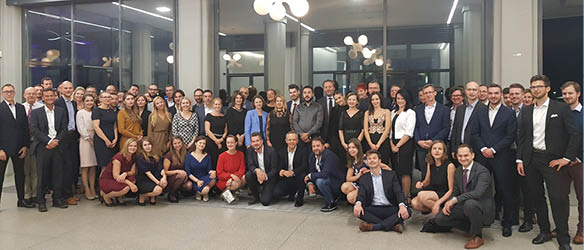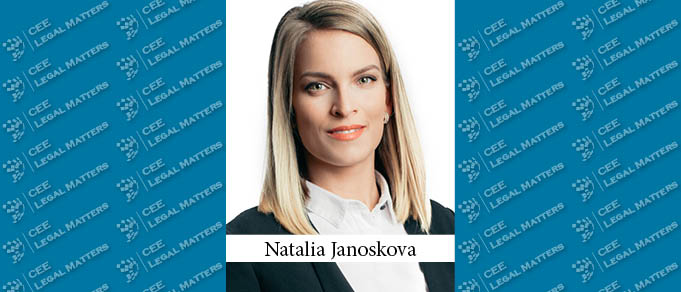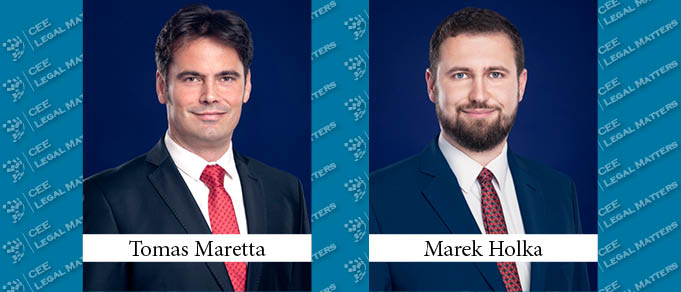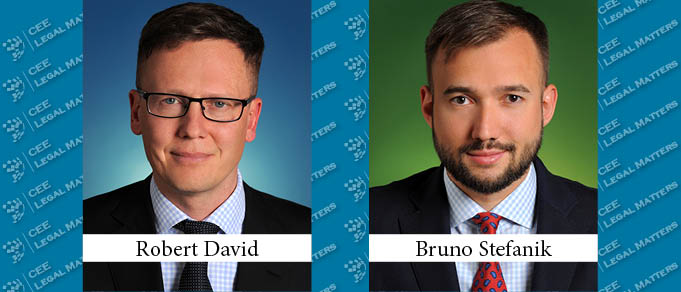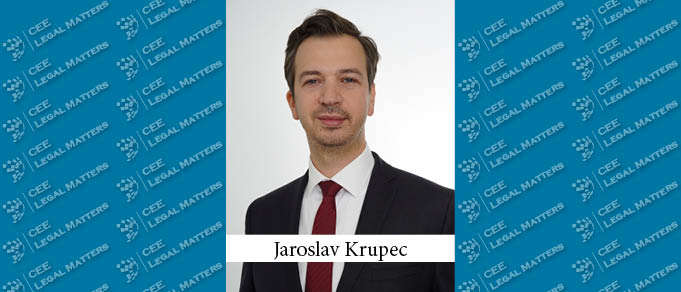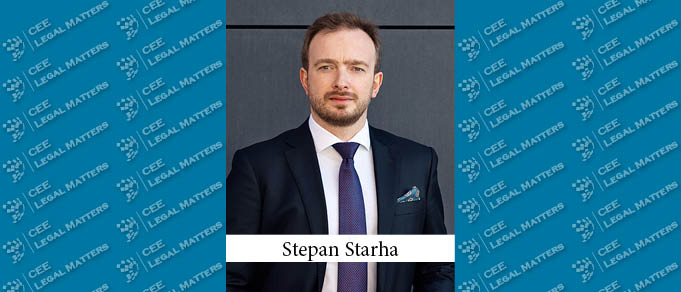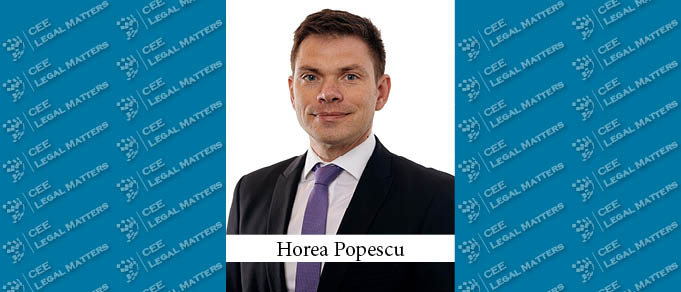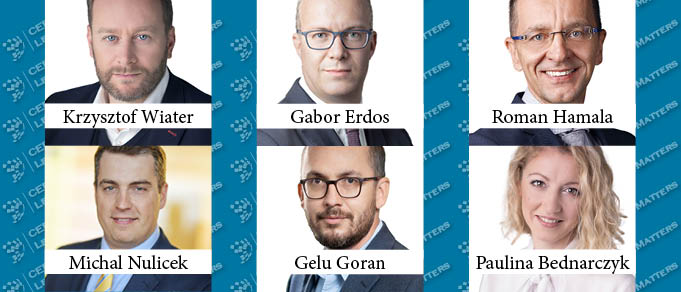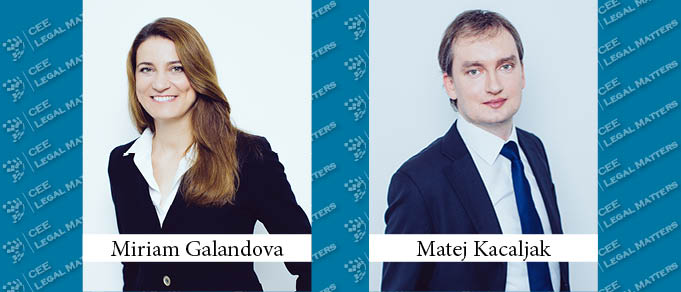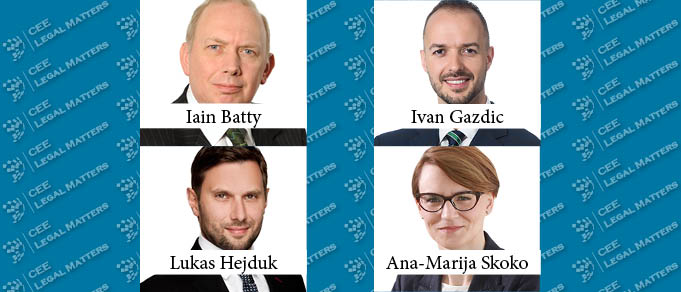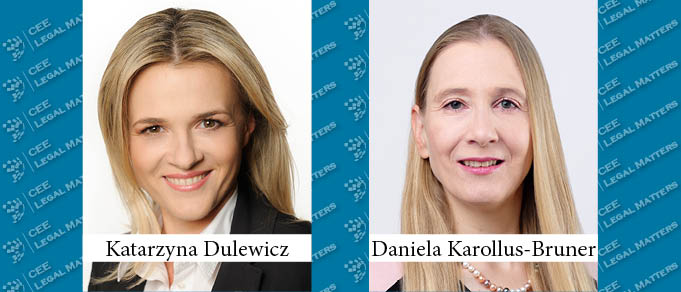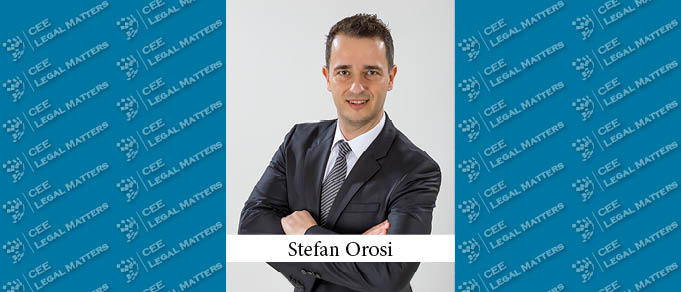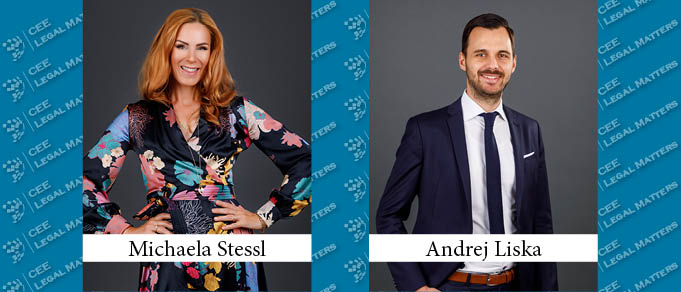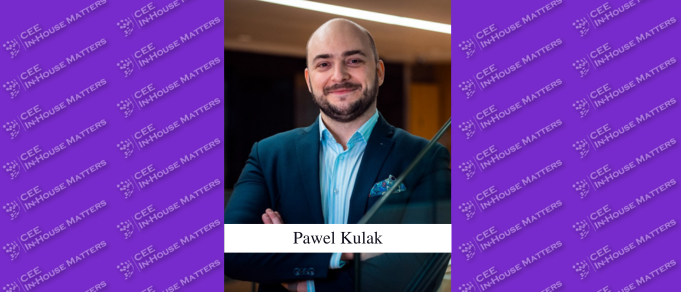The COVID-19 crisis continues to plague much of Europe. To get an overview of its effects across CEE – both on investment in the region and on the legal industry itself – we reached out to the members of Pontes the CEE Lawyers legal alliance, a Regional Sponsor at the upcoming Dealer’s Choice International Law Firm Summit.
Slovakia: Deposit System for Disposable Beverage Packaging in Slovakia
As of January 1, 2022, a deposit system for disposable beverage packaging will be introduced in Slovakia. Some disposable beverage packaging manufacturers and distributors will therefore have new obligations.
The New Competition Act in Slovakia and Its Impact on Business
Only a handful of recent legislative initiatives have sparked as much interest in Slovakia’s business community as the draft of the country’s new Competition Act. What at first seemed to be a routine implementation of the EU ECN+ Directive resulted in a flood of comments and proposals. More than 350 suggestions from the public and various authorities were submitted after the original draft of the new Competition Act was published. Now the bill, having been approved by the cabinet, is entering deliberations in Parliament. The act, which will regulate the daily course of business of every entrepreneur under threat of exorbitant sanctions, certainly deserves a brief summary.
COVID-19 in Slovakia: New Moratorium Framework for Borrowers
On January 1, 2021, Act No. 421/2020 Coll. – the “2021 Moratorium Act” – took effect in Slovakia, introducing a protective framework for businesses affected by the ongoing COVID-19 pandemic and temporarily shielding them from a run on assets by creditors. The 2021 Moratorium Act replaced the temporary moratorium scheme introduced in May 2020, which had been in effect until that point.
Inside Out: E.ON Acquisition of Stake in VSE Holding
On September 22, 2020, CEE Legal Matters reported that Kinstellar’s Bratislava office had advised E.ON on its acquisition of a 49% stake in electric utility Vychodoslovenska Energetika Holding from the German electric utilities provider RWE. We reached out to Kinstellar Partner Viliam Mysicka for more information about the deal.
Inside Insight: Interview with Jaroslav Krupec, Country Legal Director at Veolia Slovakia
Interview with Jaroslav Krupec, Country Legal Director at Veolia Slovakia about his background and best practices.
Guest Editorial: Good Times Ahead in the Shadow of Social Changes and the Corona Crisis
Is it possible to perceive some elements of the corona crisis positively? And is it possible that changes could take place that would have a positive effect on the Slovak legal market? I may be too optimistic, but I am convinced that the answer to both questions is “yes.”
Meaning of M&A in CEE
Horea Popescu, Managing Partner of CMS Bucharest and Head of CMS’s Corporate M&A Practice in CEE Looks Back at an Unusual Year.
Slovakia: The Pitfall Named 59a – Still an Issue?
One could argue that transparency and safeguard regulations in related-party transactions of companies should be well established and should not be an issue in M&As in the current environment. However, this is not the case with Section 59a of the Slovak Commercial Code, which found its way into the Code via the implementation of the Second Council Directive 77/91/EEC.
Starting in Style: Interview with the Partners of the New NGL Symbio Alliance
Interview with the Partners of the New NGL Symbio Alliance.
Expat(s) on the Market: An Update
Over the course of our seven years, CEE Legal Matters has interviewed most of the British lawyers working on the ground in Central and Eastern Europe as part of our recurring “Expat on the Market” feature. We reached out to them recently and asked them to bring us up to speed on what they’re doing and/or share their thoughts on the ramifications of Brexit or the ongoing COVID-19 crisis.
Capital Funds from Shareholder Contributions as Specific Type of Equity Funds In Slovakia
Although in use long before, on January 1, 2018, a new type of equity funds – “capital funds from contributions” – were expressly recognized and regulated by the Slovak Commercial Code. These funds are considered a supplement to contributions to a company’s registered capital and may be created by all capital company forms in Slovakia, including joint stock and limited liability companies.
Slovakia: New Competition Act in the Making
The Slovak Competition Act (No. 136/2001 Coll. as amended) has been the cornerstone of Slovak competition law for almost two decades and has seen its share of major amendments. The Slovak Competition Authority has now decided to table a new Competition Act and has submitted a draft for preliminary consultation. The draft transposes the ECN+ Directive (Directive (EU) 2019/1) and addresses a number of competition law issues that have been debated for years in Slovakia.
Logistics and Manufacturing in CEE: Today’s Trends and Opportunities
While the COVID-19 pandemic has caused disruption to nearly all businesses in the logistics and manufacturing sectors in Central and Eastern Europe, enough time has now lapsed that identifiable trends and opportunities are beginning to emerge. CMS Partners Ana-Marija Skoko, Ivan Gazdic, Iain Batty, and Lukas Hejduk agreed to share their thoughts about the effect of the COVID-19 crisis on logistics and manufacturing developments in their local markets and across CEE.
Rebuilding and Reshaping in the Aftermath of COVID-19
As Europe begins a tentative re-opening following several difficult months of quarantining, social distancing, and working-from-home, we spoke to CMS’s Warsaw-based Employment Partner Katarzyna Dulewicz and Vienna-based Dispute Resolution Partner Daniela Karollus-Bruner for their perspective on the process.
Inside Insight: Interview with Stefan Orosi, Head of Legal and Compliance at Prima Banka Slovensko
“The in-house advisory role enables a lawyer to go deeper into the mysteries of the banking business and experience the life of a transaction, not just observe it from a distance. I elected to pursue an in-house practice at the beginning of my career, and even though I was tempted to switch to private practice many times, I remain loyal to the in-house life.”
Changes to the Commercial Code in 2020
On October 22, 2019, the Slovak parliament adopted Act No. 390/2019 Coll. (the “Amendment”), which significantly amends the Slovak Commercial Code as well as some other acts. Most of the Amendment’s provisions will come into effect on October 1, 2020.
Inside Out: Rosum Office Complex Acquisition
On March 11, 2020, CEE Legal Matters reported that Kinstellar had advised Austria’s European City Estates – a group of companies owned by the Austrian Humer Private Foundation – on its acquisition of the 22,000-square-meter Rosum office complex in Bratislava from Penta Real Estate, which was advised by Skubla & Partneri.

